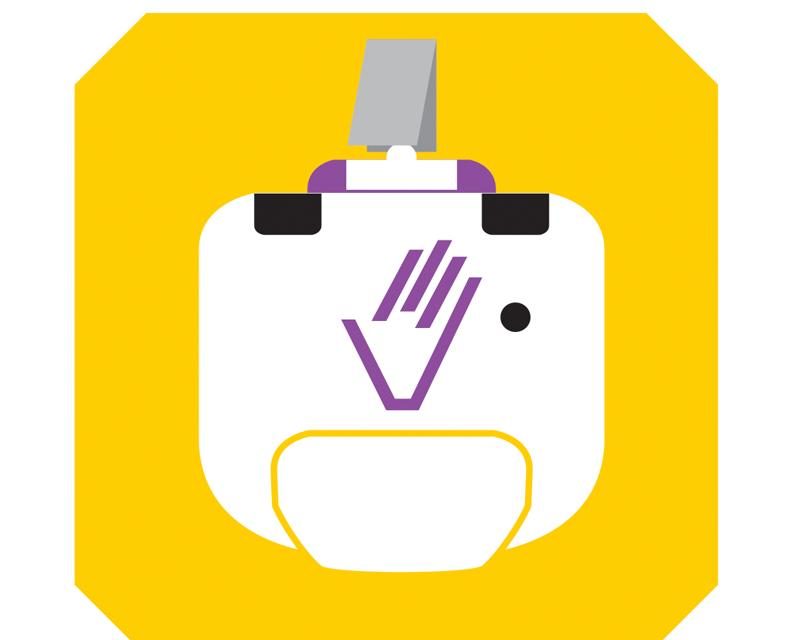“This is certainly the right time and place for our service,” says Sanjay Gupta. Gupta (no relation to the CNN medical consultant) is CEO of local start-up BioVigil. “It’s not a matter of if the company will do well, but when,” he says. “And the when is now, as we help combat this deadly virus.”
While many local businesses are struggling or shutting down during the Covid-19 pandemic, hospitals, long-term care facilities, and food service firms are pounding on the company’s door. That’s because BioVigil’s technology has shown success in promoting the single most useful intervention to control the pandemic: washing hands frequently and thoroughly.
When handwashing guidelines aren’t followed–at home, at the workplace, or in hospitals–bacteria and viruses easily pass from person to person, sometimes with deadly consequences. Insitutions use BioVigil’s technology to monitor how well their staffs are complying with the rules.
“We saw great potential–and great need–for improvements in hand sanitization in hospitals and healthcare facilities long before the Covid-19 crisis,” Gupta says. “We have a clear solution that works.”
According to the Centers for Disease Control and Prevention, almost 75,000 Americans died last year from health care-associated infections–many stemming from lax hand hygiene. Published studies found that, on average, hospital workers washed their hands only 10 to 50 percent of the time when they entered or exited a patient room.
BioVigil’s system includes sensors installed in patient rooms and badges worn by healthcare workers. Each time they enter or exit, the workers must hold their hand near the badge. The chemical sensors determine whether the professionals have washed their hands appropriately. The data is uploaded at the end of every shift–but it’s also displayed on the badge. A green light indicates the caregiver is good to go, a yellow light is a reminder to sanitize, and a red light shows noncompliance.
Gupta says that published pre-Covid studies found that more than 97 percent compliance after BioVigil’s system was installed, reducing patient infections by up to 83 percent.
Understandably, the scrutiny hasn’t always been popular with workers. But in the pandemic, resistance appears to have faded–and according to Gupta, another study found that workers using BioVigil’s system are healthier themselves.
“We’re in the business of saving lives,” he says. “Needless to say, this is a very busy time for us.”


